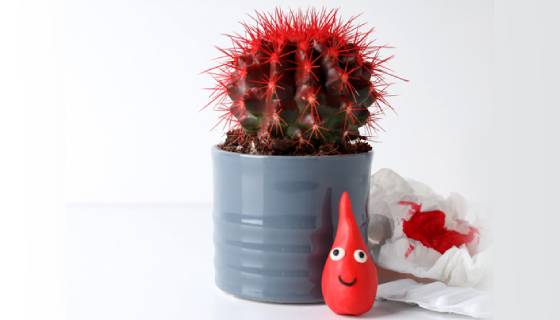Causes of piles include:
- Bowel Movements: Watery or hard stools.
- Diet: Low fiber intake.
- Liver Diseases: Leading to increased blood pressure in vessels supplying the anus.
- Genetics: Family history.
- Digestive Issues: Prolonged diarrhea.
- Straining: Physical exertion during activities like lifting heavy objects.
- Cancers: Particularly in the rectal area.
- Weight and Lifestyle: Obesity, persistent cough, sneezing, vomiting, and prolonged squatting.
- Anal Intercourse: A contributing factor.
Symptoms of piles include pain during straining or sitting, bleeding from the anus, protrusion of bulging vessels, itching around the anal opening, and, in severe cases, the formation of clots causing extreme pain (thrombosed piles).
Risk factors for developing hemorrhoids are:
- Bowel Habits: Prolonged constipation and chronic diarrhea.
- Sedentary Lifestyle: Prolonged sitting and poor posture.
- Physical Strain: Vigorous straining and lifting of heavy objects.
- Health Conditions: Colon cancer, alcoholic liver diseases, inflammatory bowel diseases, and surgeries related to the anal canal.
Diagnosis involves a thorough examination of symptoms, clinical history, and a physical examination of the anal region. Procedures such as anoscopy, proctosigmoidoscopy, blood tests, and barium enema may be conducted for a comprehensive assessment.
Treatment options in India include:
- Rubber Band Ligation: Common for internal piles, involves placing rubber bands at the base to cut off blood supply, causing them to shrink and fall off.
- Sclerotherapy: Injection of a chemical to damage tissue and cut off blood supply, requiring potential repetition.
- Infrared Coagulation: Uses infrared light to destroy blood vessels and reduce hemorrhoid size, though less commonly practiced.
Risk Factors of Hemorrhoids
- Chronic diarrhea
- Colon cancer
- Alcoholic Liver diseases (causing portal hypertension and ascites)
- Lifting of heavy objects
- Poor posture (lack of erect posture)
- Family history of piles
- Elevated anal resting pressure
Diagnosis of Piles
- In this procedure, the surgeon inserts a tube into the rectum through the anus and visually inspects the region using a light.
- Blood tests like hemoglobin, complete blood counts, blood coagulation studies and liver function tests are also done as additional tests.
- Doctors diagnose piles by asking about the patient’s symptoms and clinical history and by conducting a physical examination.
Individuals experiencing symptoms or at risk should consult a doctor for proper diagnosis and tailored treatment. Severe cases with bleeding require prompt medical attention to prevent complications.
Dr. Aniket Zarkar, with 11 years of experience, is renowned for his expertise in laser surgeries. He excels in treating a variety of conditions, including gallbladder issues, piles, fissures, fistulas, and circumcisions. As a piles specialist in Hadapsar, he provides personalized and comprehensive care, ensuring his patients receive the highest level of attention and expertise.

